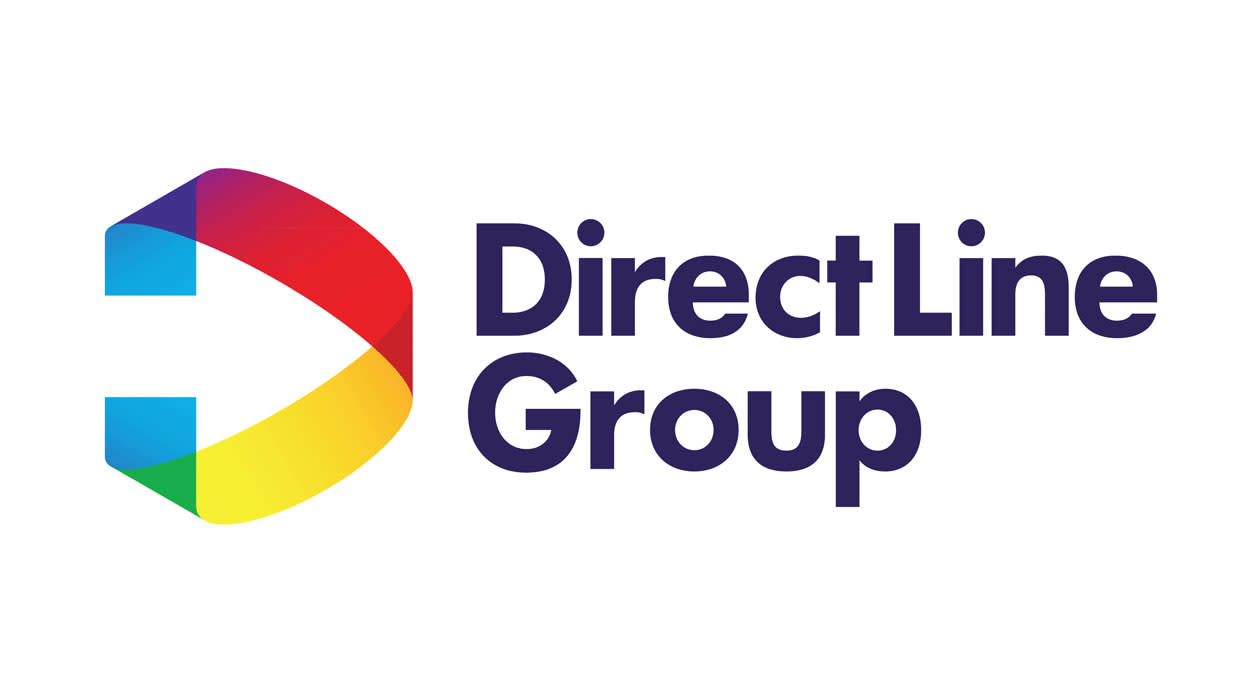Direct Line will focus on several core insurance lines: Motor, Home, Commercial, and Rescue. The other business areas, like Pets and Travel, will move under review and no longer receive additional investment.
The Direct Line brand will be launched on price comparison sites in an attempt to capture more demand.
Several targets have been reiterated. Amongst these are growing the net insurance margin to 13% in 2026 and delivering £100mn in cost savings by the end of 2025.
In the short term, the solvency ratio, a measure of balance sheet strength, is expected to be maintained above 180% (previous target 140-180%). The board will review the reinstatement of a regular dividend. As and when it comes back, it will target at 60% of post-tax operating profit. Any additional capital returns are to be reviewed annually.
The shares were up 3.9% in afternoon trading.
Our view
Direct Line’s key challenge from its Capital Markets Day was convincing investors that its medium-term targets were achievable. A renewed focus on core areas like Motor and Home, and introducing the Direct Line brand to price comparison sites, seem to have done the trick.
Recent results have painted a better picture than we’ve had for some time. But there’s a long way to go before this turnaround is complete. It’s no secret Direct Line has struggled over the past few years to deal with a challenging motor insurance market. Given Motor makes up close to half of all active policies, the unprofitable contracts written over the past 18 months have weighed on recent performance.
Aggressive price hikes have finally caught up with inflated costs. New policies are being written at levels in line with a net insurance margin of above 10% - back in the land of profit. Direct Line was slower to raise prices than the wider market which means it’ll take longer to feel the benefits than peers.
With a new CEO and an improving market, the Motor business looks to have a footing on which to grow profitable business.
But, policyholders tend to be fickle and are happy to switch around in search of a better deal. Motor customer numbers are falling quite sharply. That’s okay in the short term, while margins are the priority. Further out, we’ll be hoping to see the introduction of Direct Line to price comparison sites as a catalyst for customer growth.
Aside from Motor, performance across other business lines has been pretty good. Home insurance is a big part of the operation and remains profitable despite an uptick in claims inflation. Price hikes are again being called on, but customer numbers are proving a little more resilient than in Motor.
Capital levels are back at comfortable levels, and the board’s decided to keep an added buffer in place while the transformation efforts run their course. It’s also taking a more prudent approach to dividends with a new policy based on paying out 60% of post-tax earnings. We think this is a good move given the market's cyclical nature. The regular dividend hasn’t been fully reinstated yet, but with improving performance, we’d expect that will be likely at some point. Of course, no returns are guaranteed.
Armed with a new leadership team and refreshed strategy, this version of Direct Line looks more attractive than it has been for some time. However, with so much change in senior positions and a turnaround effort that’s far from complete, there are ongoing risks. We also see limited upside to the current valuation, which looks to have already priced in the more positive sentiment and improving market.
Environmental, Social and governance (ESG) risk
The financials sector is medium-risk in terms of ESG. Product governance is the largest risk for most companies, especially those in the US and Europe with enhanced regulatory scrutiny. Data privacy and security are also an increasingly important risk for banks and diversified financial firms. Business ethics, ESG integration and labour relations are also worth monitoring.
According to Sustainalytics, Direct Line’s management of material ESG issues is strong.
Direct Line’s offering of responsible products is adequate, but it falls short in areas such as monitoring, regular training, and thorough processes for investigating complaints. Improvements could be made in data privacy due to a lack of regular risk assessments and insufficient training and auditing on cybersecurity. On a positive note, the company scores well in governance, featuring a strong board structure and remuneration policies linked to appropriate targets, including environmental, social, and governance (ESG) criteria.
Direct Line Group key facts
All ratios are sourced from Refinitiv, based on previous day’s closing values. Please remember yields are variable and not a reliable indicator of future income. Keep in mind key figures shouldn’t be looked at on their own – it’s important to understand the big picture.
This article is not advice or a recommendation to buy, sell or hold any investment.No view is given on the present or future value or price of any investment, and investors should form their own view on any proposed investment.This article has not been prepared in accordance with legal requirements designed to promote the independence of investment research and is considered a marketing communication.Non - independent research is not subject to FCA rules prohibiting dealing ahead of research, however HL has put controls in place(including dealing restrictions, physical and information barriers) to manage potential conflicts of interest presented by such dealing.Please see our full non - independent research disclosure for more information.


